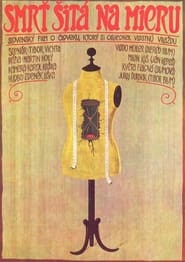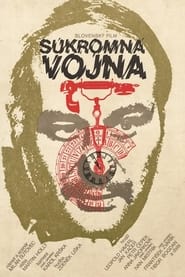detail profile c5 a0tefan ko c5 beka
Peran Yang Di Mainkan Štefan Kožka
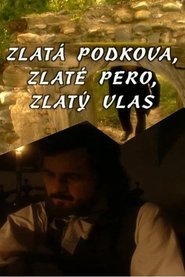 The biographical story of Pavel Emanuel...
The biographical story of Pavel Emanuel...Golden Horseshoe, Golden Pen, Golden Hair 1998
The biographical story of Pavel Emanuel Dobšinský - a television film about the life and knowledge of a man who managed to stay true to himself, his people and his ideas despite the times. The story begins at the end of the great storyteller's life, when through his own memories, captured by his hand and in book form, he returns to his childhood, the time he entered the Levoč grammar school, to 1840. In this film, author Peter Glocko, a trusted expert on Dobšinský's work and life, guides us through all the personal and historical vicissitudes of the hero's life, reveals the influences that marked his ability to squeeze into his stories the wisdom of knowledge and knowledge of the people from which he came, as well as the basic life principles that the reader - young or old - still draws from his tales.
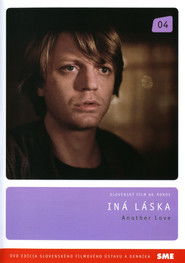 A story of a young student...
A story of a young student...Another Love 1986
A story of a young student of medicine, who arrives in a small mountain village after being accused for carrying out illegal abortion. The film reflects the moral decline of the society, where stealing in secret and making compromises against one's beliefs make up mundane reality. The filmmakers went to perhaps the furthest possible limits in terms of allowed social criticism in the 1980s. The negative picture is enhanced by its rural setting, since the Slovak village had been traditionally associated with strict morals and conservative values.
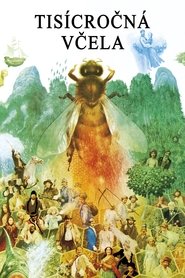 A family saga taking place mostly...
A family saga taking place mostly...The Millennial Bee 1983
A family saga taking place mostly in a small Slovak village over a period of thirty years (1887–1917). The first part captures the life of Martin Pichandu in the development of his craft, masonry; in the second part, his son is center stage living in a period of socio-political crisis, which ultimately results in the first World War. After originally airing on Czechoslovakian television in 1983 as a four-part 226-minute mini-series, this production received a 163-minute theatrical release in 1984.
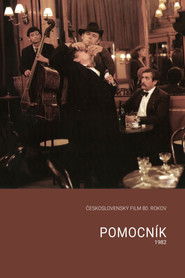 A story of a family that...
A story of a family that...The Assistant 1982
A story of a family that after WWII moved to the south of Slovakia and acquired a prosperous butcher business left behind by a Hungarian emigrant. From the previous owner, the family also inherited a self-assured, greedy assistant who does not like to observe any firm moral principles. He assists the family in gaining wealth but in the long run, he causes the family's moral dissolution. In his most successful feature film, director Zoro Záhon combined a complex drama with excellent acting performances, especially that of Hungarian actor Gábor Koncz in the lead role.
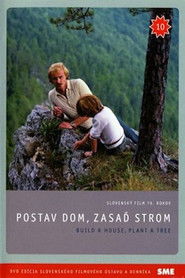 Juraj Jakubiskos first feature film after...
Juraj Jakubiskos first feature film after...Build a House, Plant a Tree 1980
Juraj Jakubisko's first feature film after a forced nine-year-long break is a story about an unconventional man, Jozef Matúš. He arrives to a small village in eastern Slovakia to settle down and start a family. He is ready to subordinate everything to his goal. It all starts with stealing building material and ends with him disregarding those close to him to a point where his ambitions are turning against him. Build a House, Plant a Tree is a viewer-friendly film with a plot resembling a western, including several attractive action sequences.
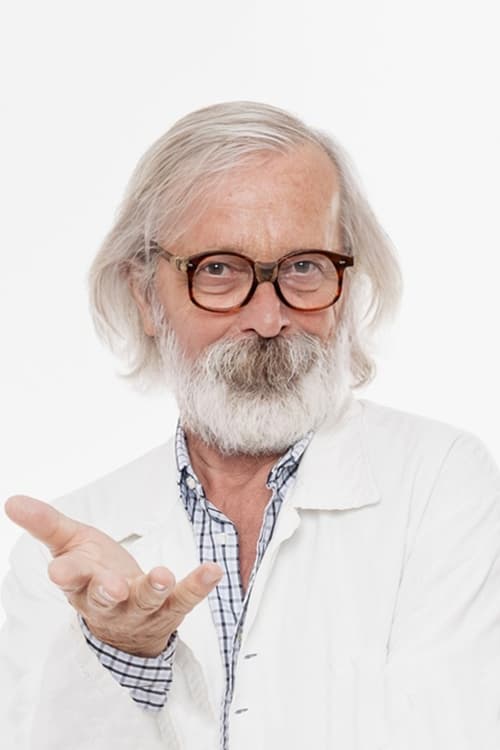
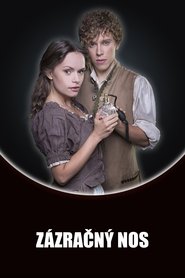
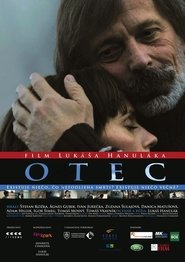 A spiritual drama about an ordinary...
A spiritual drama about an ordinary...